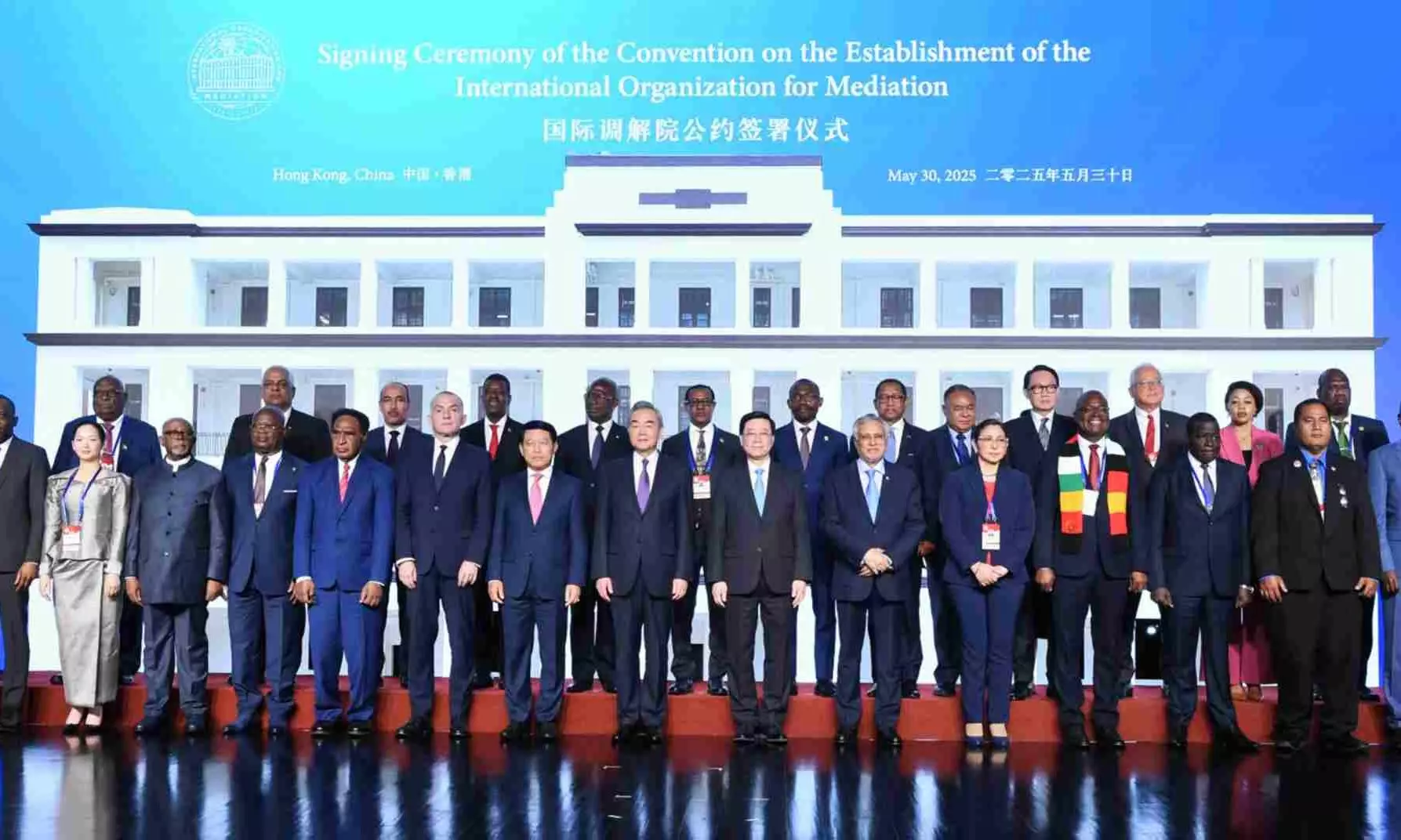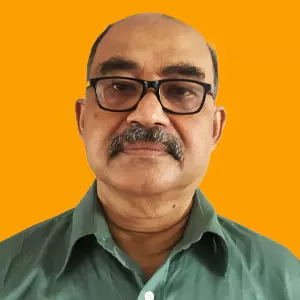
- Home
- India
- World
- Premium
- THE FEDERAL SPECIAL
- Analysis
- States
- Perspective
- Videos
- Sports
- Education
- Entertainment
- Elections
- Features
- Health
- Business
- Series
- In memoriam: Sheikh Mujibur Rahman
- Bishnoi's Men
- NEET TANGLE
- Economy Series
- Earth Day
- Kashmir’s Frozen Turbulence
- India@75
- The legend of Ramjanmabhoomi
- Liberalisation@30
- How to tame a dragon
- Celebrating biodiversity
- Farm Matters
- 50 days of solitude
- Bringing Migrants Home
- Budget 2020
- Jharkhand Votes
- The Federal Investigates
- The Federal Impact
- Vanishing Sand
- Gandhi @ 150
- Andhra Today
- Field report
- Operation Gulmarg
- Pandemic @1 Mn in India
- The Federal Year-End
- The Zero Year
- Science
- Brand studio
- Newsletter
- Elections 2024
- Events
- Home
- IndiaIndia
- World
- Analysis
- StatesStates
- PerspectivePerspective
- VideosVideos
- Sports
- Education
- Entertainment
- ElectionsElections
- Features
- Health
- BusinessBusiness
- Premium
- Loading...
Premium - Events

Some may see it as part of China’s charm offensive to play down speculations of a military push to take over Taiwan or push maritime claims against neighbours
For quite a while, China has been trying to project itself as the reliable mainstay of a global order, taking advantage of US President Donald Trump’s disruptive agenda that has rattled friends and foes alike.
In late May, Beijing took the first bold step in piloting the creation of a global forum that will promote mediation to resolve bitter disputes that have degenerated into bloody conflicts or may do so.
The International Organisation for Mediation (IOMed), which has come into existence with its headquarters in Hong Kong, is the world’s first inter-governmental international legal organisation devoted to the use of mediation in resolving international disputes.
Also read | China poses ‘imminent’ threat to Taiwan, warns US Defence Secretary
More than 80 countries and about 20 international organisations, including the United Nations, sent senior representatives to Hong Kong to witness the signing ceremony of the convention on the establishment of the IOMed on May 30.
China first to sign
Chinese Foreign Minister Wang Yi was the first to sign the convention along with 33 countries, making them the founding members of the IOMed. But China may still be left wondering about its global influence because 47 of the 80 countries attending the convention did not sign up to join the IOMed.
Wang Yi described the IOMed as “an innovative step in international rule of law, bearing great significance in the history of international relations”.
The IOMed will be headquartered in Hong Kong, whose handover is projected by China as a success story of peaceful settlement of international disputes. Wang observed that the success of the “one country, two systems” principle has created brighter prospects for prosperity and stability in Hong Kong.
This did overlook the increasing push for integration of Hong Kong into the Chinese national polity through the enactment of new laws, especially pertaining to security, but China seems willing to use Hong Kong in ways that suit its objectives.
Showcasing Hong Kong
Chief Executive of the Hong Kong Special Administrative Region (HKSAR), John Lee, thanked the Chinese central government for its staunch support of Hong Kong, and the international community for placing their trust and confidence in the city.
“The IOMed will provide a pathway for countries — regardless of culture, language and legal system — to resolve international disputes based on mutual respect and understanding,” Lee said. “This is increasingly important amid mounting geopolitical tensions.”
Also read | ‘Firmly stand with Pakistan', says China as Islamabad breaks ceasefire with India
Lee underscored that the IOMed reflected a shared confidence in mediation as a peaceful means to maintain international peace and security, as stipulated in the Charter of the United Nations.
The Chief Executive also set out Hong Kong’s advantages as an effective “super-connector” and “super value-adder”, and said the city would actively promote the IOMed's valuable work in settling international disputes through mediation.
Building bridges, not walls
“Despite geopolitical turbulence, Hong Kong builds bridges, not walls,” Lee said. “Under our unique ‘one country, two systems’ principle, Hong Kong is the only world city that enjoys both the China advantage and the global advantage.”
“We are the only common law jurisdiction in China and the only jurisdiction in the world with a bilingual common law system in both Chinese and English. We have a long tradition of the rule of law, and our courts exercise their judicial power independently,” said Lee.
China is clearly projecting Hong Kong as the most preferred seat for arbitration in the Asia-Pacific region, in view of what Lee described it as possessing “a robust, efficient and well-respected legal system as well as world-class legal and dispute resolution services professionals”.
The support of many developing countries, which signed the convention, signalled Beijing’s rising influence in the global south amid heightened geopolitical tensions.
‘Chinese wisdom’
Foreign Minister Wang’s pitch for using “Chinese wisdom” for handling differences through dialogue and consensus-building for resolving conflicts between nations may be interpreted as a subtle attempt to put forward an institutional answer to dwarf US President Donald Trump’s peacemaking efforts in Ukraine-Russia and the Middle East.
Some may also see it as part of China’s charm offensive to play down speculations of a military push to take over Taiwan or push maritime claims aggressively against neighbours.
Also read | 'No one can stop our reunification': Xi warns Taiwan in New Year speech
During the recent India-Pakistan military stand-off, China had called for the resolution of bilateral disputes through consultations, though it did not explicitly offer mediation, unlike Trump. It condemned all forms of terrorism without naming Pakistan but regretted Indian military action.
The Hong Kong convention has made it evident that China has still a long road ahead but it surely points to how determined and persevering Beijing can be in trying to attain its objectives.
(The Federal seeks to present views and opinions from all sides of the spectrum. The information, ideas or opinions in the articles are of the author and do not necessarily reflect the views of The Federal.)


